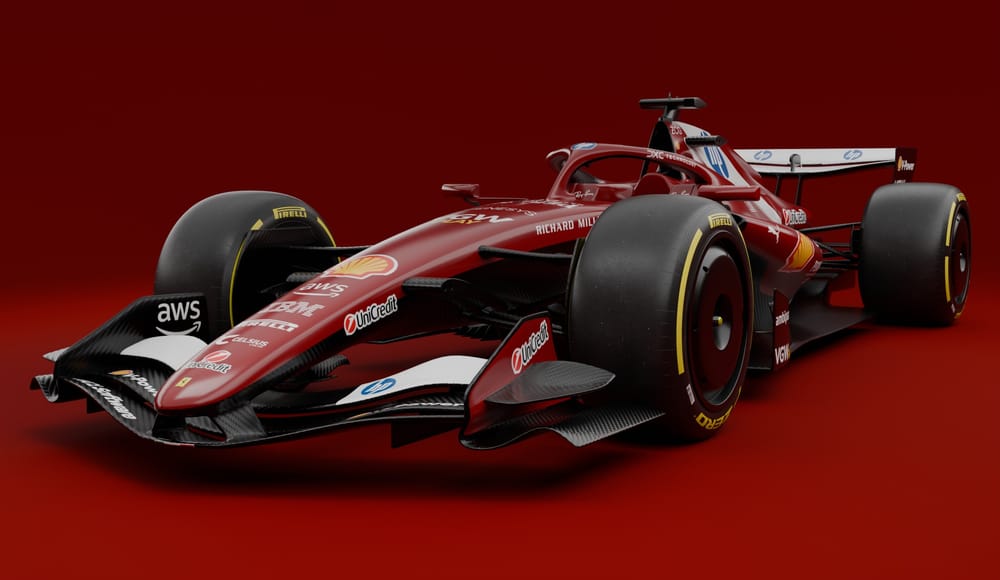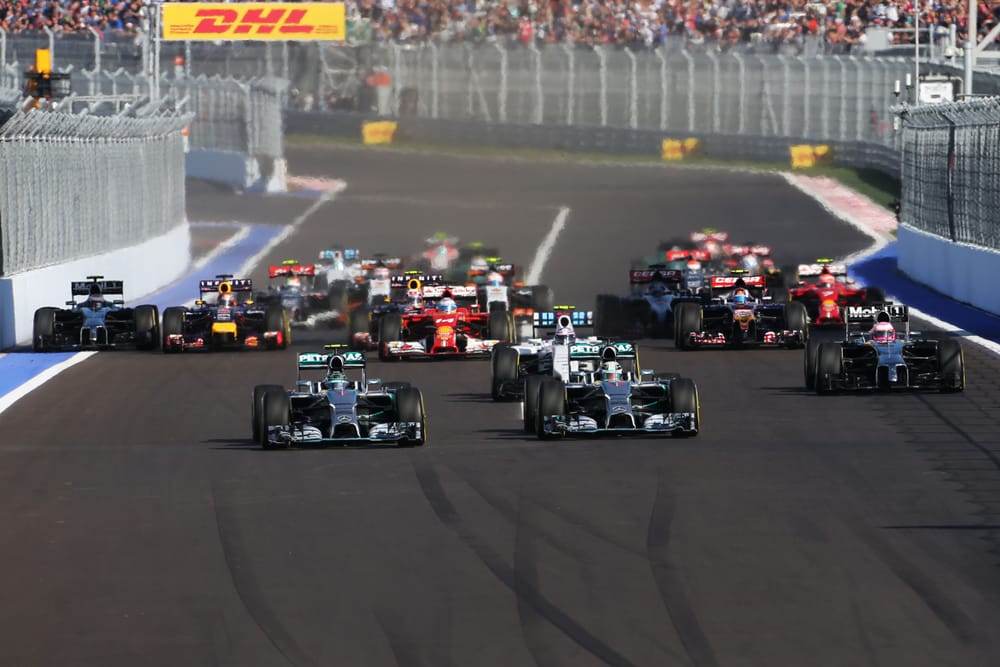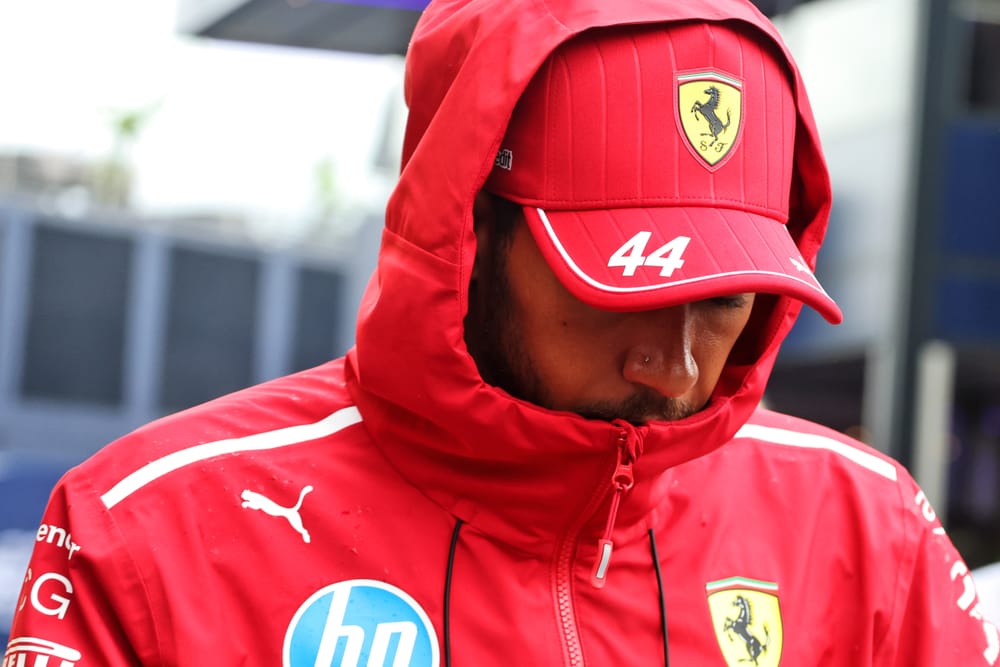The possibility of a left-field winner. Dramatic performance swings between teams depending on track characteristics. Scope for a Brawn-style double diffuser controversy.
Those are some of the predictions that Ferrari boss Fred Vasseur is making about Formula 1's biggest ever rule change in 2026, as teams face a step into the unknown with little real idea of what is coming.
While Vasseur is hoping the all-new cars and engines offer Ferrari an opportunity to end its F1 title drought, which stretches back to 2008, he confesses that there is a degree of uncertainty about how things will play out.
Speaking to The Race about his expectations for next season, Vasseur said that it was hard to be sure about anything - as there could be a host of factors that come out of the blue.
"Nobody can predict," said Vasseur. "I think nobody predicted in 2009 that you will have Brawn four tenths faster than everybody. They were coming from nowhere.
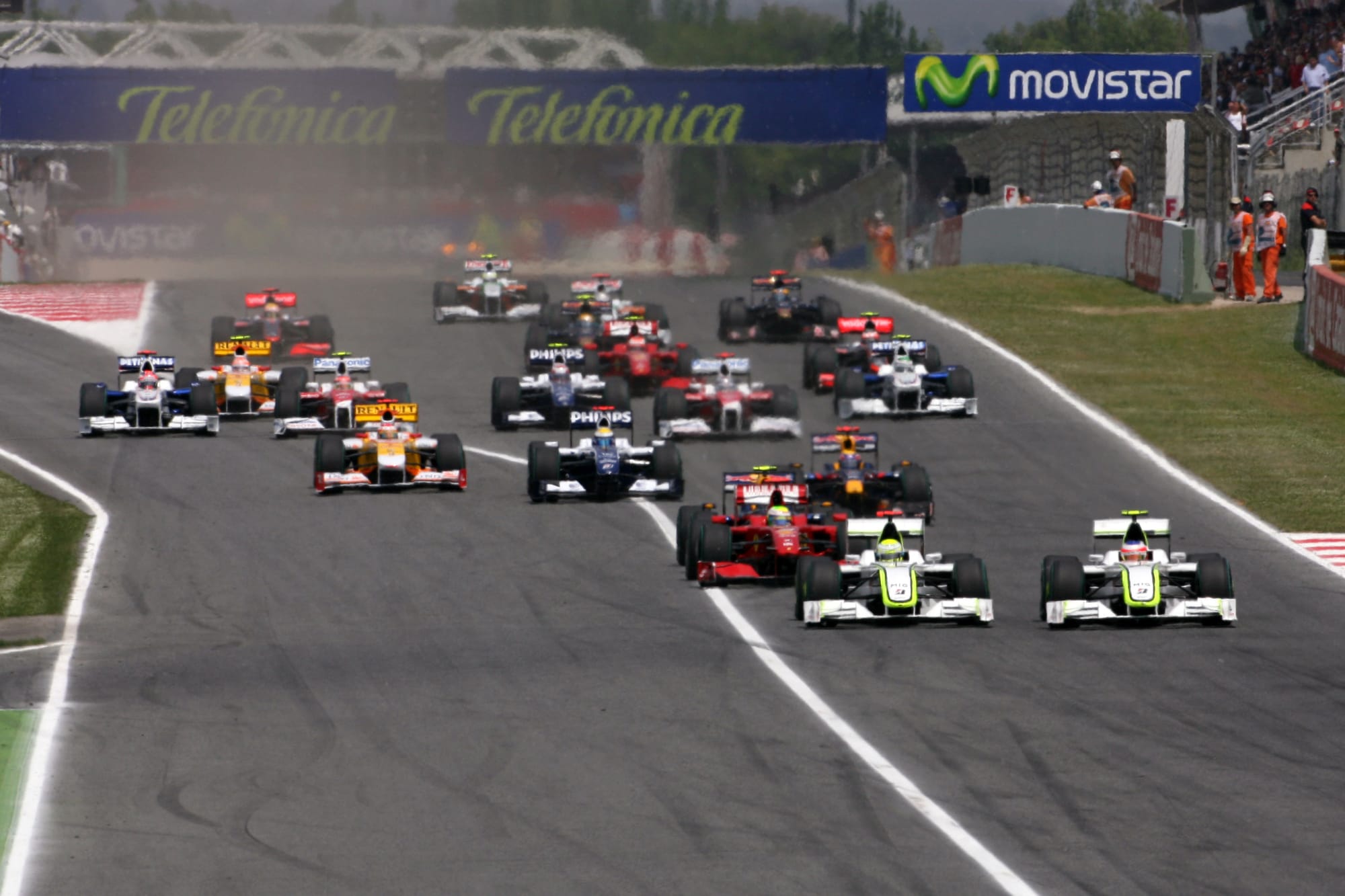
"You don't know [the form book] also, because it's the first time that we have had such a big change of tyres, fuel, engine, chassis.
"The sporting regulations are different with the energy deployment and so on, and all of them are crucial."
The move to all-new power units, where there is a roughly 50-50 split in performance between the internal combustion engine and electrical energy, will completely change the game on the engine front.
Vasseur said that having the best engine will no longer mostly be about horsepower, and that could open the door for wild fluctuations at different types of tracks.
"If you have a look today, when you speak about the engine, 90% of the performance is about just pure power," he said.
"Next year, I think much more will be about driveability, turbo lag and so on. It means that perhaps the guy who will have the most powerful engine will have also the best for driveability and the best for turbo lag and so on, but perhaps not.
"Perhaps it's the kind of season where you could have one engine performing [best] in Monza, and some other engine performing in Monaco or Budapest.
"It's back to the turbo and [normally] aspirated engine era. This, I think, for F1 is exciting."
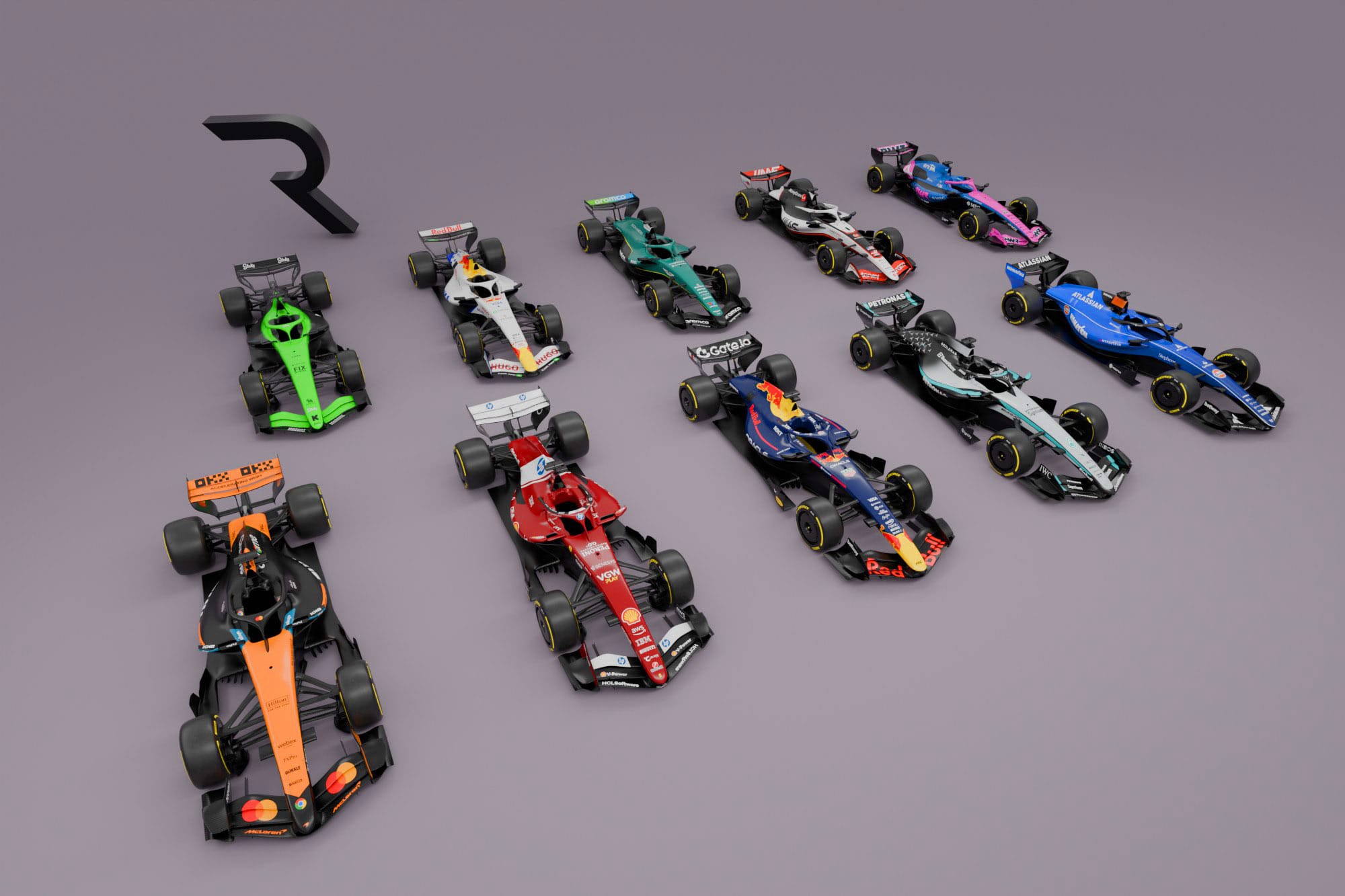
Vasseur said nobody can be certain what the leading performance drivers are going to be next year, but he suspected that the power unit will become much more central in dictating who comes out on top.
"When we are speaking about the engine, it's much more about reliability, and trying to do a good usage of the engine, good operation and so on," he explained.
"But you don't make the difference with the engine anymore. Next year, it's another story.
"If someone is doing a better job on the tyres, the impact on the performance, even if it's half a second, you won't compensate just with the power of the engine [currently].
"So there will be some similarities with what we are doing today, except that you will put the engine into the equation.
"You could have also some loophole on the chassis side, as we had the double diffuser or whatever - which could open up some opportunities."
A question of details
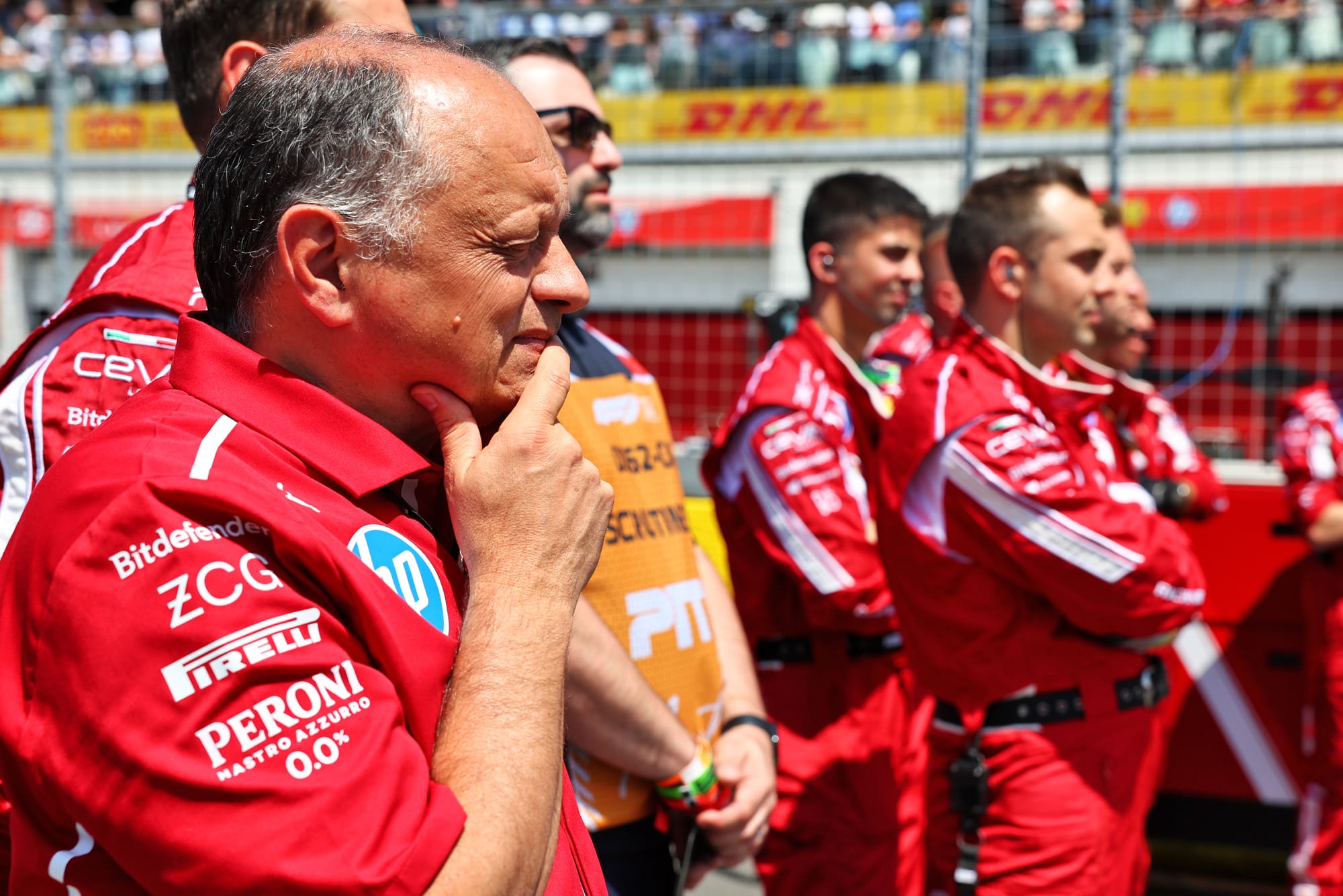
Vasseur has spent time getting Ferrari moulded into his vision, and next year's car will be the first designed under the leadership of new technical director Loic Serra.
While the team has had a disappointing 2025, where ride height concerns to protect its plank have been a season-long headache, Vasseur said he believes that there is no single element that will close the gap to current benchmark team McLaren over the winter.
"We have to keep the same approach," he said. "McLaren are doing a fantastic job this season, but in terms of potential they are two to two-and-a-half tenths ahead.
"But it's more that we have 10 items on the car at two hundredths of a second that we have to improve. It's not that they have a magic bullet that has three tenths.
"So we need to keep this mindset. It's not that we have to change someone who will bring us something magic, it is that we need to improve in every single area. I think we have this mentality today."
But Vasseur insisted he is not the sort of person who thinks everything is in the shape it needs to be.
"I think that if at one stage I'm convinced that we are there, it's the beginning of the end," he said.
A rapidly changing picture
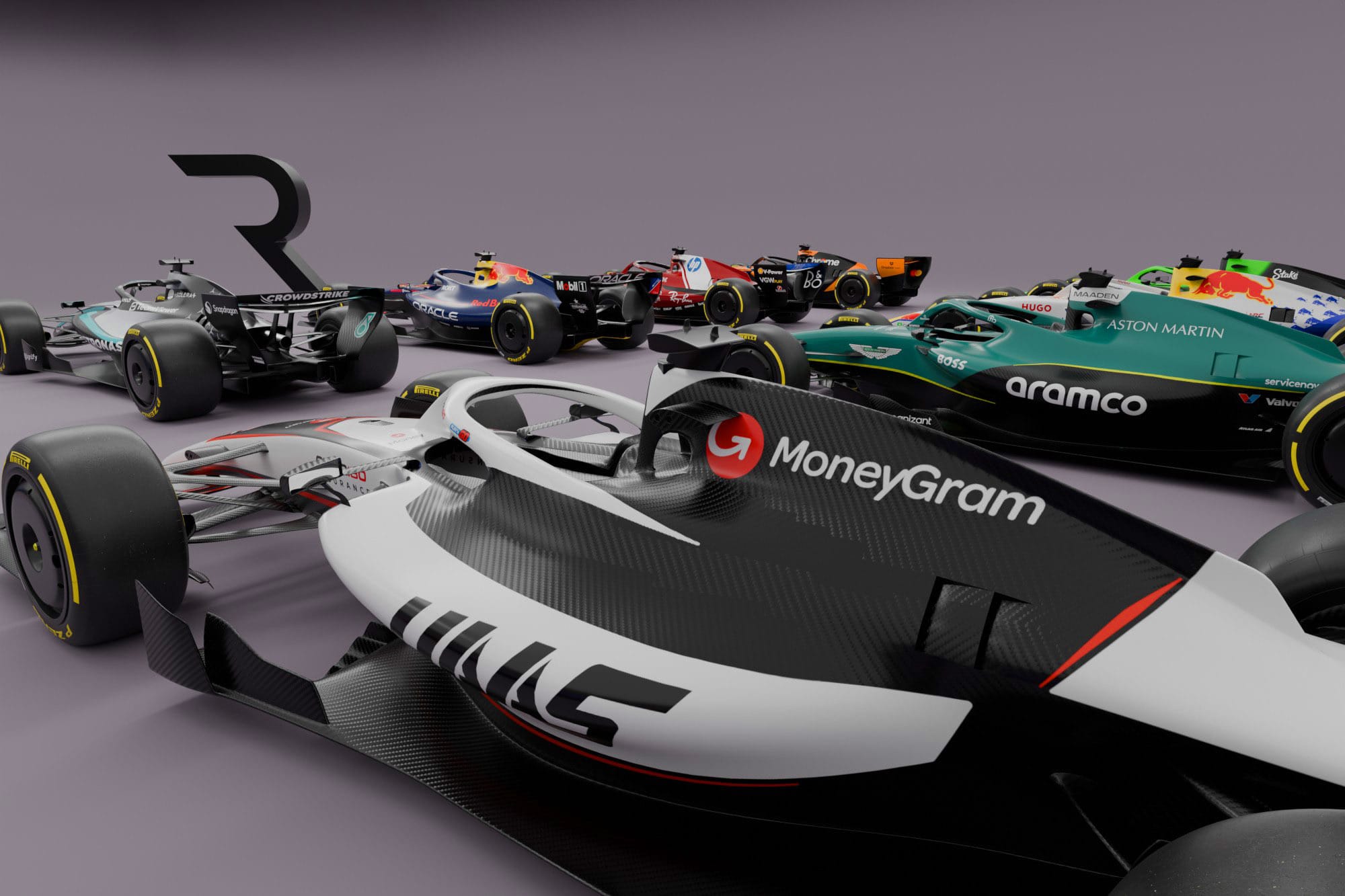
The huge uncertainty about what to expect from the 2026 cars is shared by drivers, with many unsure about just what the key performance factors are going to be.
While some are not impressed with their early experiences of the 2026 models, others sense an opportunity to simply get on and unlock what is needed to achieve success next season.
Alpine's Pierre Gasly said it is critical that no stone is left unturned when it comes to getting a full and proper picture of how the cars behave.
"One thing is for sure, and it's that it's going to be different to what we have, what we currently have," he said.
"Personally that's one area where we just want to be on top of things because we're going to have a short winter. We're going to finish Abu Dhabi, and a month later we're already going to be pretty much on the road to start testing.
"It will be important to be ready and be aware of the difference in terms of driving approach we will have, whether it's for a quali lap or for the races."
Gasly said that the impression of the cars was also changing rapidly as teams adjust their simulator models.
"The whole thing has evolved a lot since the first [sim run]," he said. "Even over the last two years I think they've taken and teams have done quite a lot of work to get them in a place which is better."
It is this rapidly changing picture that has left other drivers not wanting to get wedded too much to a feeling of what to expect in 2026.
Charles Leclerc, who had doubts over the new rules concept when he first tried it on the Ferrari sim, said things were evolving fast.
"The development is going so fast that every time you're on the simulator, it changes and it changes by a lot," he said. "So at the end it might be more normal than what I kind of expected at the beginning.
"We've got to wait and see because the development curve is so big at the moment that you might see something one week, but then a week later things are different, in a different window."
Mercedes' George Russell added: "It's going to be a big change. It's going to be a very different type of racing with no DRS and the sort of battery extension to help you to battle.
"I'm going in with a very open mind, and ultimately I think a lot of drivers, they're not too fussed as long as they're winning - and I put myself in that camp, to be honest."


